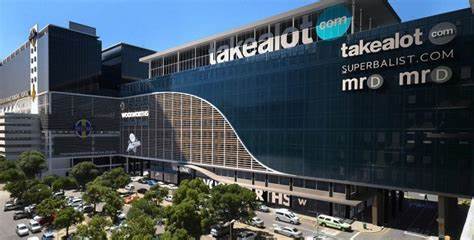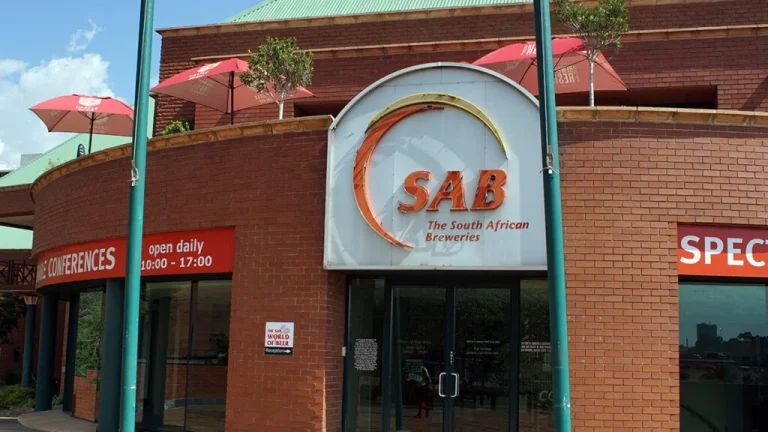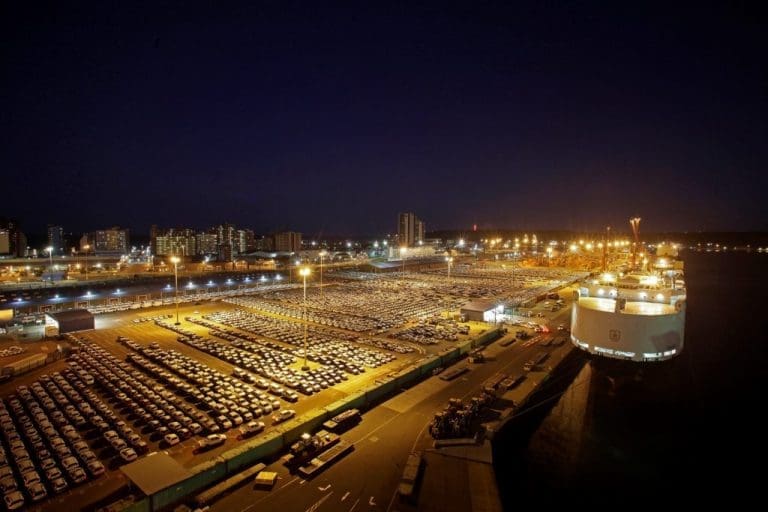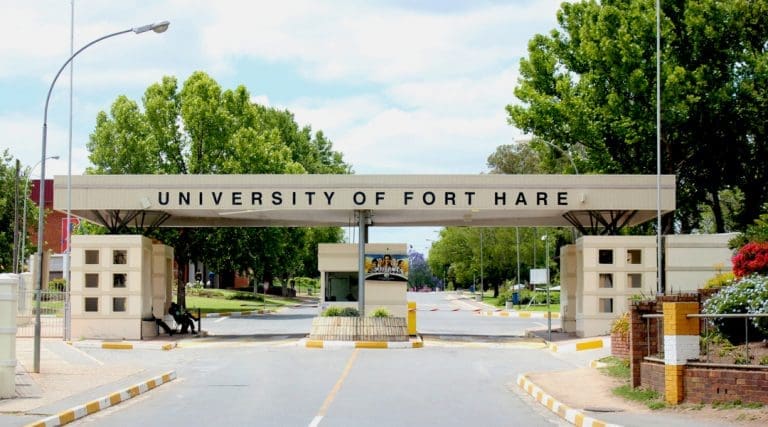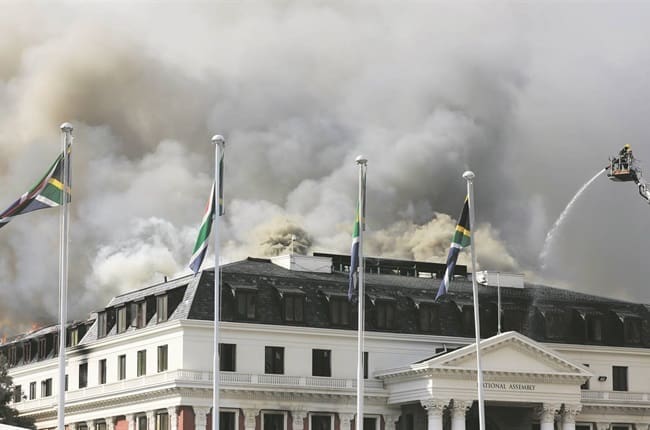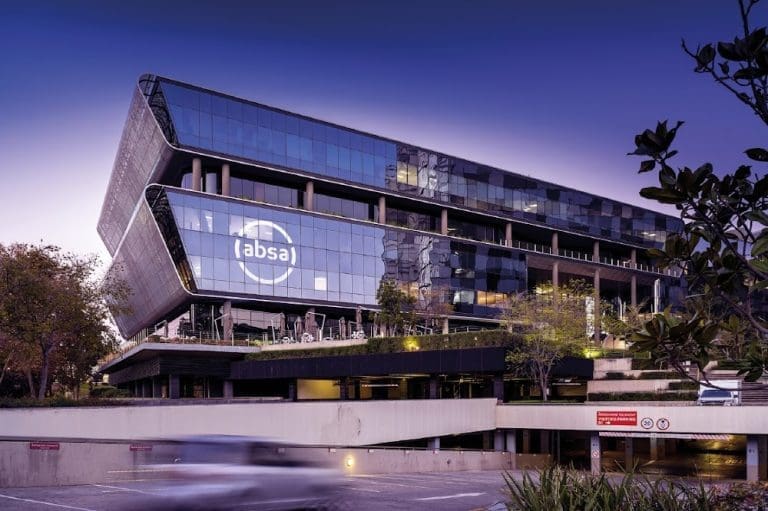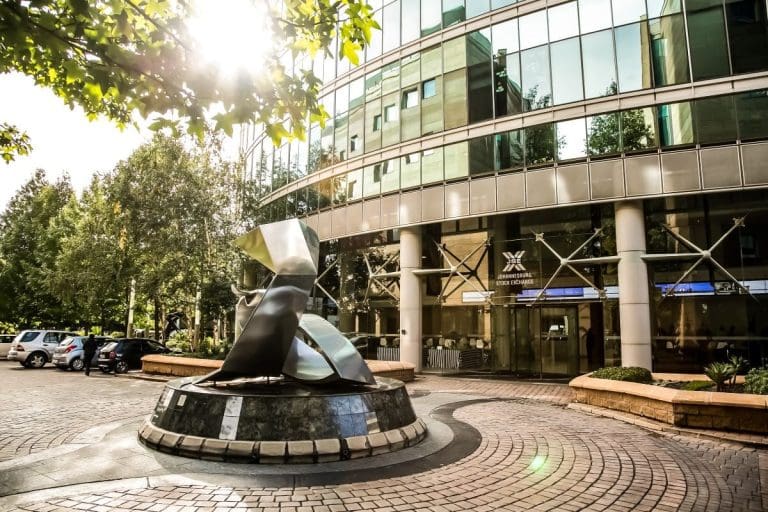In a comprehensive analysis conducted by the Seeff Property Group, the landscape of South Africa’s real estate market is elucidated, spotlighting the commanding presence of Cape Town in the realm of luxury property. The study unveils a notable shift in the hierarchy of the country’s most expensive suburbs, signaling a remarkable surge in property values, particularly in the Mother City.
According to the findings, Cape Town reigns supreme as nine out of the top ten most expensive suburbs are nestled within its captivating confines. These affluent enclaves now boast staggering average prices, soaring well beyond the R10 million mark, with the crests of opulence touching around R20 million in exclusive neighborhoods like Clifton and Bantry Bay.
The Seeff Property Group’s analysis delineated a significant trend where Cape Town’s allure has not only maintained its stronghold but has intensified over time. Samuel Seeff, the chairman of the group, emphasized this, stating, “This stands as testimony to the allure of Cape Town, but more than that, the absolute confidence in the Cape Town property market.”
Amidst a challenging economic backdrop, Cape Town’s property market has showcased resilience and robust growth. Lightstone data indicates that the average transaction price in Cape Town is poised to culminate at an impressive R2.1 million by the year-end, underscoring the city’s unwavering appeal to investors and homeowners alike.
In stark comparison, other major cities such as Johannesburg, Pretoria, and Durban trail behind in average transaction prices, hovering around R1.6 million, R1.5 million, and R1.3 million, respectively. Notably, Sandton stands out within the Johannesburg landscape with an average price around R2.3 million, although it pales in comparison to the Atlantic Seaboard, where prices ascend to an average of R8.2 million, as reported by Propstats sales data.
The meteoric rise of Cape Town’s real estate market is further underscored by a doubling in the average transaction price over the past decade, coupled with a 35% surge from the pre-pandemic year of 2019. Unquestionably, Cape Town has once again emerged as the vanguard, boasting the highest average property prices across the nation.
Seeff’s detailed analysis also spotlights the specific suburbs that spearhead this opulent landscape. Clifton, seated atop the list, commands an astronomical average selling price of R25 million, with a record-breaking high of R150 million attained in 2023. Following closely are Bantry Bay and Llandudno, both nestled along the Atlantic Seaboard, boasting average prices of R22 million and R19.95 million, respectively.
Sandhurst in Sandton/Johannesburg secures its place as the sole outlier outside Cape Town, ranking as the fourth most expensive suburb with an average price tag of R19 million for a residential property. Bishopscourt and Higgovale round off the top five and six, showcasing substantial average prices of R17.55 million and R16.2 million, respectively.
The surge in high-value sales is particularly notable in Constantia Upper and Bishopscourt, with ten sales exceeding R20 million in Constantia and eight in Bishopscourt, setting unprecedented records for these affluent neighborhoods.
The table below encapsulates the top 10 most expensive suburbs in South Africa, showcasing their average prices and the pinnacle of luxury achieved in property sales:
| # | Suburb | Area | Average Price | Highest Price Achieved |
|---|---|---|---|---|
| 1 | Clifton | Atlantic Seaboard | R25 million | R150 million |
| 2 | Bantry Bay | Atlantic Seaboard | R22 million | R60 million |
| 3 | Llandudno | Atlantic Seaboard | R19.95 million | R33 million |
| 4 | Sandhurst | Sandton/Joburg | R19 million | – |
| 5 | Bishopscourt | Southern Suburbs | R17.55 million | R90 million |
| 6 | Higgovale | City Bowl | R16.2 million | R33 million |
| 7 | Waterfront | Atlantic Seaboard | R15.2 million | R54 million |
| 8 | Fresnaye | Atlantic Seaboard | R15 million | R71.25 million |
| 9 | Camps Bay | Atlantic Seaboard | R14.8 million | R42 million |
| 10 | Constantia Upper | Southern Suburbs | R13.1 million | R70 million |
This comprehensive study reaffirms Cape Town’s undisputed dominance in the high-end real estate sector, showcasing an enticing amalgamation of luxury, investment potential, and a thriving property market. As the year draws to a close, the trajectory of South Africa’s real estate landscape portrays Cape Town as the epicenter of opulence and premier residential destinations for discerning buyers.








